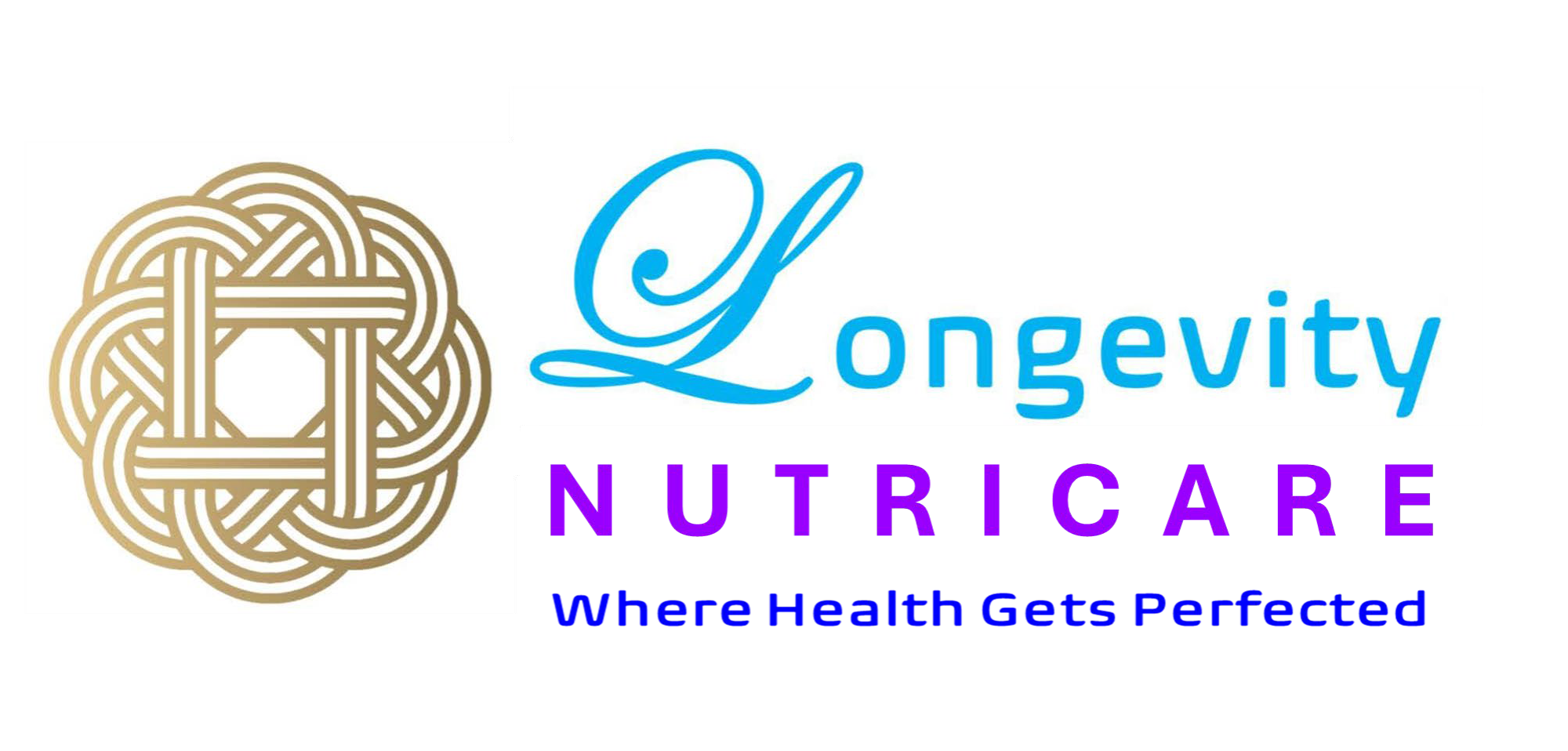IntelliMIND Sleep Saliva Test
$149.00
intelliMIND – Sleep Saliva Test
Cognitive function refers to a range of mental abilities and processes that allow us to carry out tasks, make decisions, and interact with our surroundings. Cognitive function encompasses processes such as memory, attention, problem-solving, language, and decision-making. Cognitive functions can be affected by a wide variety of factors, including age, mental health conditions, neurological disorders, substance abuse, lack of sleep, and more.
Sleep plays a vital role in cognitive function, affecting various aspects of cognition such as memory, attention, decision-making, learning, and emotional regulation. Adequate and quality sleep is essential for cognitive function. Poor sleep can impair memory, creativity, and critical thinking skills.
Sleep is not merely a passive state but an active process that plays an essential role in cognitive well-being. Sleep quality and quantity should be considered vital components of cognitive health, and interventions to improve sleep may have wide-ranging benefits for cognitive performance, mental health, and overall quality of life.
2 Analytes Tested: Cortisol (3 samples collected am, midday, pm), Melatonin
Description
Interconnection Between Sleep And Cognitive Function
Sleep plays a vital role in cognitive function, affecting various aspects of cognition such as memory, attention, decision-making, learning, and emotional regulation.
Here’s how sleep and cognitive function are interconnected:
1. Memory Consolidation
During Sleep: Key memory consolidation processes occur during deep sleep, particularly during slow-wave sleep (SWS) and rapid eye movement (REM) sleep.
Impact on Cognition: Sleep helps solidify new memories, integrate them with existing knowledge, and enhance overall memory stability.
2. Attention and Focus
During Sleep: Adequate sleep supports optimal functioning of the brain’s attentional networks.
Impact on Cognition: Lack of sleep can lead to reduced attention span, difficulties in concentrating, and increased susceptibility to distractions.
3. Decision-Making and Problem-Solving
During Sleep: REM sleep, in particular, may play a role in complex problem-solving and the integration of information.
Impact on Cognition: Adequate sleep fosters creative thinking, better decision-making, and enhanced problem-solving abilities.
4. Emotional Regulation
During Sleep: Emotional processing occurs during sleep, aiding in the regulation of mood and emotional responses.
Impact on Cognition: Poor sleep can lead to increased emotional reactivity, difficulties in regulating emotions, and may contribute to mood disorders.
5. Learning and Cognitive Flexibility
During Sleep: Sleep supports synaptic plasticity, a fundamental process underlying learning and adaptation.
Impact on Cognition: Adequate sleep enhances the ability to learn new skills and information and adapt to new situations.
6. Impact of Sleep Disorders
Sleep Disorders and Cognitive Function: Conditions like insomnia, sleep apnea, and restless leg syndrome can significantly impair cognitive function across domains.
Treatment Considerations: Effective management of sleep disorders can lead to improvements in cognitive performance.
7. Age-Related Considerations
Sleep Patterns in Aging: Changes in sleep architecture with aging can impact cognitive function.
Cognitive Decline and Sleep: Disruptions in sleep may be both a symptom and a risk factor for cognitive decline and dementia.
8. Strategies to Enhance Cognitive Function Through Sleep
Sleep Hygiene: Practices that promote consistent, high-quality sleep can enhance cognitive function.
Napping: Strategic napping can boost memory, creativity, and alertness. Consideration of Individual Needs: Understanding individual sleep needs and patterns can help tailor strategies to optimize cognitive function.
In summary, sleep is not merely a passive state but an active process that plays an essential role in cognitive well-being. Sleep quality and quantity should be considered vital components of cognitive health, and interventions to improve sleep may have wide-ranging benefits for cognitive performance, mental health, and overall quality of life.






